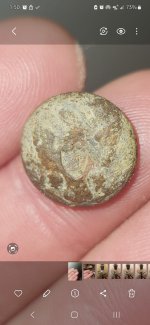tat2guy
Sr. Member
Ship/Boat Registration in the early 1800's....Please Help
Im trying to find some info on a few Keel Boats, was there a registry for them They would travel from Washington D C through Harpers Ferry WV then end up in New Orleans. Any help is appreciated.
They would travel from Washington D C through Harpers Ferry WV then end up in New Orleans. Any help is appreciated.
Thanks Tat
Im trying to find some info on a few Keel Boats, was there a registry for them
 They would travel from Washington D C through Harpers Ferry WV then end up in New Orleans. Any help is appreciated.
They would travel from Washington D C through Harpers Ferry WV then end up in New Orleans. Any help is appreciated.Thanks Tat




